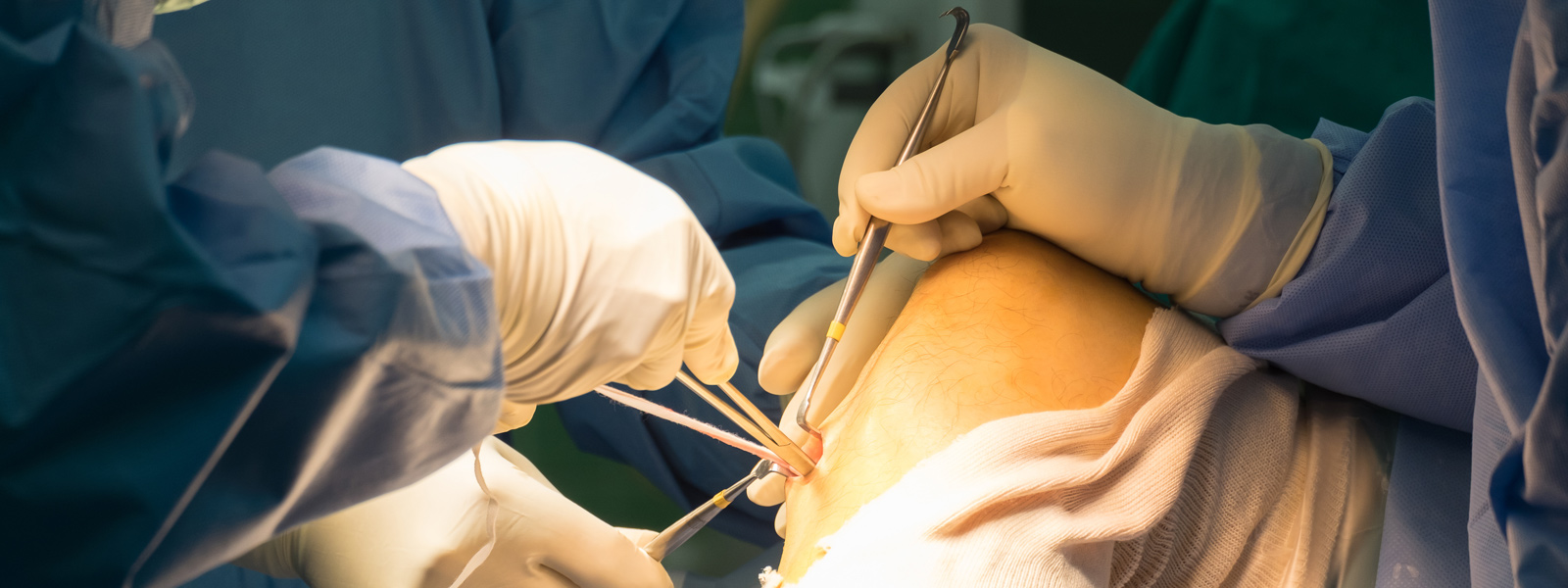- Knee joint is a modified hinge joint and is one of the major weights bearing joint.
- It is often involved in sports injuries and degenerative changes are also common.
- Management of knee ligamentous and bony injuries in time helps one to get back to his routine activities very fast.
Knee ligament injuries:
- Knee ligament are of 2 types i.e. intraarticular or those inside the joint and extra articular are those outside the joint.
- Intraarticular ones are – ACL, PCL. Extraarticular are MCL, LCL, MPFL etc.
- Knee ligament tears can be because of direct or indirect trauma.
- ACL, PCL tears can be treated arthroscopically while MCL, LCL tears require open surgical procedures for repair / reconstruction
- Good post op physiotherapy plays a vital role in patient’s recovery.

Knee Meniscal Injury:
- Meniscus are cushions in the knee made up of cartilage. They are 2 “C” shaped structures which helps in the cushioning of the smooth joint surfaces
- Meniscal tears can be present as pain, swelling, locking etc. & requires urgent attention
- Meniscus doesn’t have good vascularity so they may not heal spontaneously.
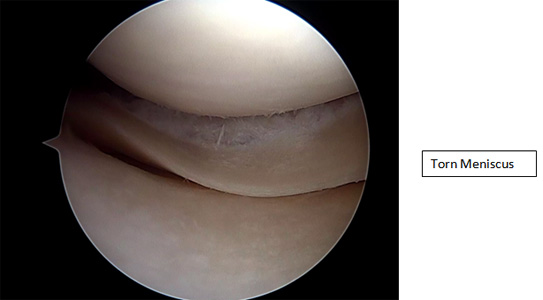
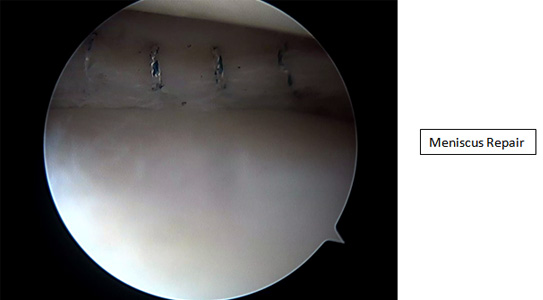
Knee Dislocation:
- Knee dislocation are bad injuries to have and shouldn’t be confused with knee cap / patella dislocation.
- Dislocated knee can have multiple knee ligaments injuries, knee meniscus injuries, but most important is to look out for vascular injuries.
- Nerve injuries leading to foot drop are also common.
- Urgent knee joint reduction and subsequent surgical interventions will help faster recovery for the patients.
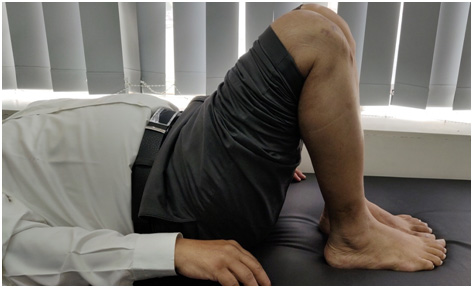
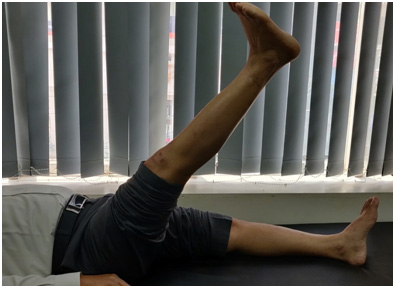
Fractures around the Knee:
- Fractures around the knee includes fractures of distal femur, patella, proximal tibia.
- These fractures when reduced and fixed properly gives good post-op functional outcome to the patients
- Many of these require external fixations in the form of pins and rods when we have associated open wounds.
- Post-operative physiotherapy is a vital part of the treatment.
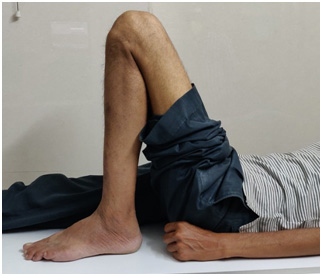
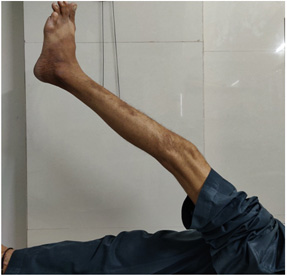

Function 1 year post Surgery
Patella / Knee Cap problems:
- Patellar or knee cap problems present with anterior knee pain.
- Patients can have a cartilage defect in the patella due to mal positioning or mal tracking of the patella.
- Many of the problems related to patella are because of dynamic instability or muscular imbalance between the muscles connecting the patella and thigh bone i.e. femur.
- Patellar dislocation is a common problem and can be associated with underlying pathology like MPFL tear, trochlear dysplasia etc.
- Initial dislocation can be treated successfully using conservative treatment plan. But few may require surgery treatment such as MPPL reconstruction, Tibial tuberosity transfer, Tracheoplasty etc.
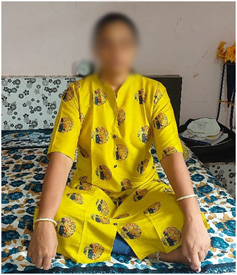
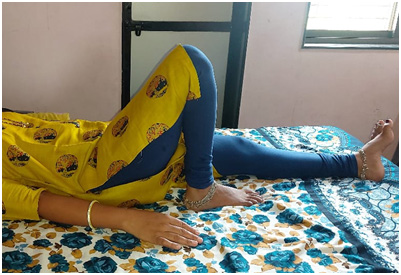
MPFL reconstruction Surgery: 2 months post surgery
Knee injury while playing? Want to consult an orthopedic surgeon? If you don’t treat it right on time and ignore the injury, you may have major knee problems. Contact the Best Sports Injury Specialist in Nashik now !!
FAQs
Will I be able to squat or sit crossed legged after my knee replacement?
With current advance technology and better artificial joints you can a near normal knee range of motion but it is always advisable not to do squatting or sitting crossed legged. Injuries to the knees are common while playing but can be a big problem if not addressed. Dr. Sagar Kakatkar is a skilled Sports Injury Specialist in Nashik. Consult now!
Will my cushion/ meniscus heal?
Menisci don’t have a good blood supply and they may not heal completely even after trying all sorts of biological methods. A lot depends on the location of the tear, type of tear and the repair strength.
Is there any role of injections for my knee pain?
Viscoelastic supplement injections do help in a selective population for better joint lubrication. But not all the patients will have a good relief.
I have ACL ligament tear. Do I require surgery?
ACL ligament injury may not always warrant a surgery. A lot depends on the type of work and activities you do or your expectations. Conservative therapy with braces and physiotherapy definitely has a major role.
When can I drive after my arthroscopy surgery?
Usual time after which you can start driving is 6-8 weeks post-surgery. You may risk your repair if you start earlier.
